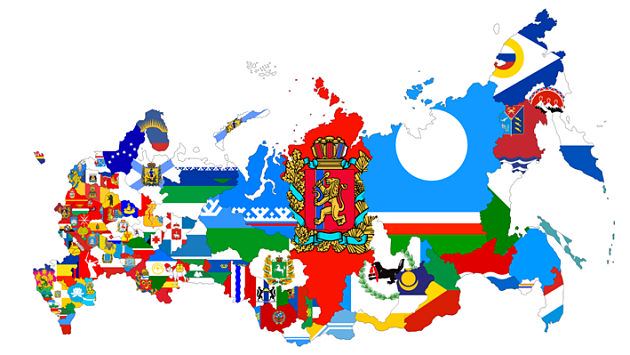Public and national forces of the native Muslim (and other) republics are beginning to express their opinion on the upcoming elections to the local and regional authorities of the Russian Federation in September. And this opinion is unfavorable for the ruling regime.
For example, the Council of Teips of Ingushetia has decided to completely boycott the elections of the conscious Ingush people in the authorities of the “republic”, thus effectively not recognizing their legitimacy. The reasons for this decision are cited as “complete disregard by the authorities of the republic for the opinion of the population… corruption in all authorities” and the fact that “instead of establishing a constructive dialogue with the people, criminal repression is being used against citizens, dozens of people have been detained and arrested for participating in peaceful protests.”
A somewhat less radical, but also oppositional statement was made by the largest legal Bashkir public association “Bashkort. At the recent republican assembly, it decided to “conduct educational work among the population with the all-Russian slogan ‘Not a single vote for candidates from the United Russia party!'” Instead, the citizens of the republic are encouraged to vote for activists and supporters of the Public Association “Bashkort”, who will be nominated as independent candidates or (apparently) as candidates of other parties.
At the same time, considering the presence of the Bashkir National Movement, whose most authoritative leader, Airat Dil’mukhametov, was thrown behind bars on the eve of the elections, a more radical attitude to the elections is noted in the statement of the Public Association “Bashkort”: “Those who call for boycotting the elections for the head of the republic have the right to such a point of view. “In our opinion, these decisions are extremely important for the positioning of Muslims in the political space of the Russian Federation, as both the authorities and the Islamophobic part of the opposition try to portray them as almost supporting the current regime.
The Muslim republics are even called Putin’s “electoral sultanates” because they provide him and his party with the necessary votes against the backdrop of protest votes in other regions; it is clear that the officials, or rather the colonial governors of the Kremlin, will not let him down this time and will draw the votes for pro-government candidates as much as necessary. It is extremely important, however, that in this context authoritative, truly national representative bodies and organizations make it clear that these colonial manipulations have nothing to do with the will of the oppressed Muslim peoples – these peoples reject at least the ruling party of the current system, if not the entire system.
It should be noted that in addition to Muslims, other indigenous peoples of the Russian Federation are expressing similar intentions. For example, on August 13, the Assembly of the Altai People decided to boycott United Russia candidates because “elections in the republic have turned into a ‘ritual of power transfer’ monopolized by representatives of the United Russia party, and not a single representative of the indigenous peoples has been able to run as a candidate for the top position.”
Now, as for the choice between these two tactics – complete non-participation in the elections or so-called “smart voting” by supporting independent opposition candidates or candidates from other parties other than United Russia: “It makes no sense to vote for so-called opposition parties such as the Communist Party or the Liberal Democratic Party in the hope that they will be an alternative to United Russia. Years of experience have shown that although these systemic parties have honest people (which is not a reason to vote for them), their policies as a whole are under the control of their absolutely corrupt top leadership, whose role is to support the ruling regime at critical moments, which allows them to occupy the niche of ‘opposition’.”
It makes sense to vote only for specific candidates who represent the interests of the respective peoples and are supported by authoritative representative bodies, as is the case in Bashkortostan. As for the parties, all the parties represented in the current State Duma hold blatantly chauvinist and clerical (pro-Russian Orthodox Church) positions, which is why their support is absolutely unacceptable for Muslims, unless it is in support of a specific Muslim candidate nominated by such a party; from this point of view, a reasonable course of action is either a complete boycott of the upcoming elections or voting for specific, established protest candidates supported by authoritative independent movements of their peoples.

